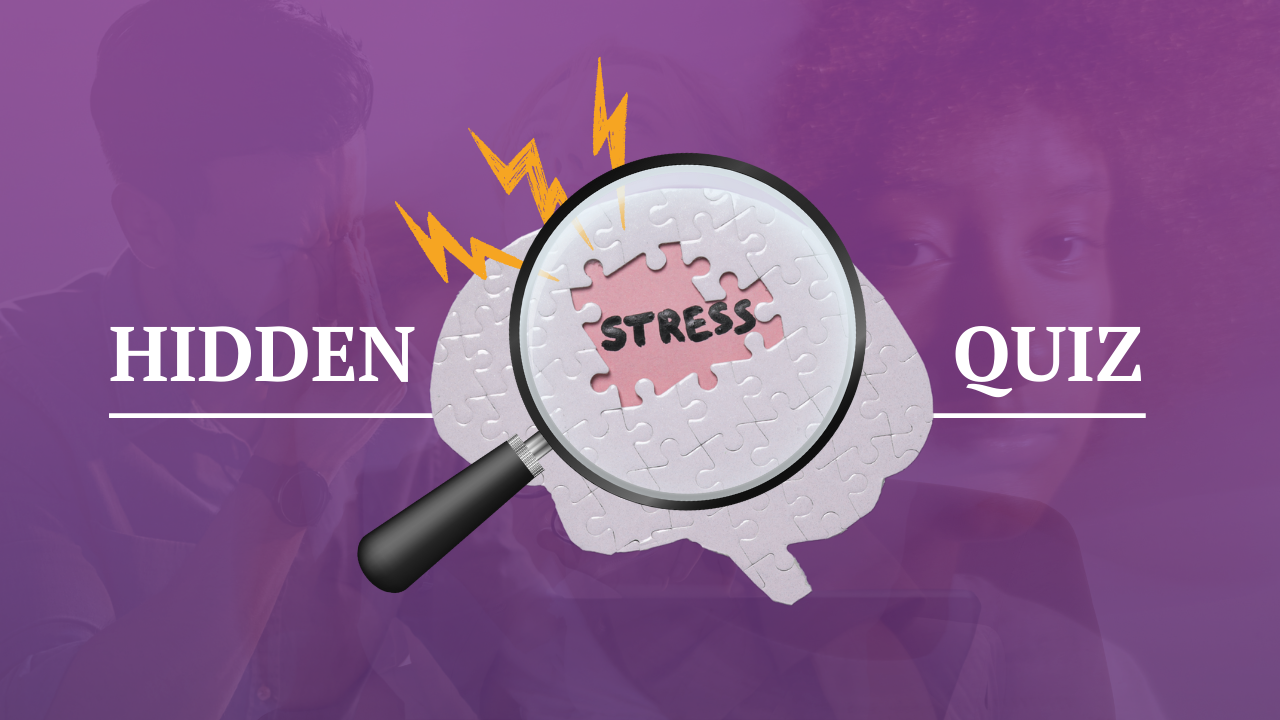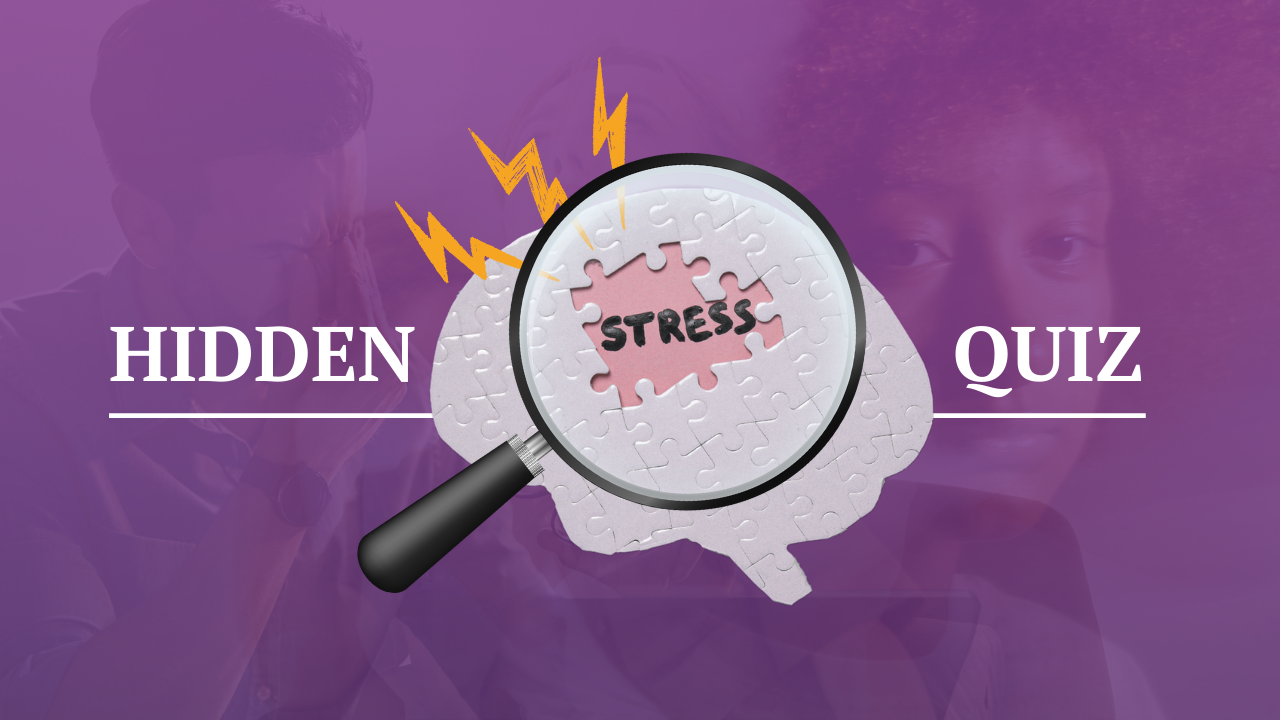How ADHD Can Erode Self-Esteem—and What Helps Rebuild It
Oct 29, 2025
A young professional once told me, “I feel like I’ve been apologizing my whole life.” That sentence has stuck with me for years. Many people with ADHD hear constant criticism growing up—“try harder,” “pay attention,” “stop being lazy.” These messages often take root as shame, creating a belief that they are somehow broken (Edbom et al., 2008). Even as adults, each missed deadline or forgotten appointment can reinforce this painful narrative.
It’s important to understand that ADHD is not a character flaw—it’s a brain difference. When people start to separate symptoms from self-worth, they open the door to healing (Barkley, Murphy, & Fischer, 2008). One of my clients, a brilliant graphic designer, began noticing how her inner voice echoed decades of criticism. I helped her start catching those thoughts and gently replacing them with affirmations rooted in compassion. A few months in, she said, “I’m finally starting to like myself.” That’s the shift—when you stop measuring your value by your struggles and start honoring your strengths. The shift is subtle but powerful: You are not a problem to be solved. You are a person who deserves understanding, tools, and respect.
Studies have shown that people with ADHD are at higher risk for low self-esteem due to frequent negative feedback, social challenges, and struggles with executive function (Edbom et al., 2008; Knouse & Safren, 2010). The longer these patterns go unaddressed, the deeper the internalized self-doubt. However, therapy, coaching, and skill-based interventions can significantly improve both functioning and self-image.
Try This: 3 Ways to rebuild self-esteem
1. Start a “wins” list
At the end of each day, jot down 1–3 things you did well. It could be making someone laugh, organizing your notes, or simply getting out of bed. Your brain needs help focusing on your strengths—so give it a daily nudge.
2. Talk to yourself like you’d talk to a friend
When you catch negative self-talk, pause. Ask yourself: “Would I say this to someone I love?” If not, try again with more kindness.
3. Learn more about ADHD
Understanding the neurobiology behind your experience reduces shame. If you’d like trusted books, podcasts, or courses to explore, feel free to email me—I’m constantly learning and happy to share.
Struggling with self-esteem often goes hand in hand with feeling disorganized or overwhelmed. If that sounds familiar, you might find my e-book Organize Your Life helpful—it’s designed to give adults with ADHD simple, empowering steps to feel more in control. Even if you don’t have ADHD, chances are someone close to you does. Share this blog. It may be the first step in helping them shift from self-blame to self-acceptance.
References
Edbom, T., Granlund, M., Lichtenstein, P., & Larsson, J. O. (2008). Long-term relationships between symptoms of ADHD and self-esteem in a prospective longitudinal study of twins. Acta Paediatrica, 97(1), 108–117.
Knouse, L. E., & Safren, S. A. (2010). Current status of cognitive behavioral therapy for adult ADHD. Psychiatric Clinics of North America, 33(3), 497–509.
Barkley, R. A., Murphy, K. R., & Fischer, M. (2008). ADHD in adults: What the science says. Guilford Press.


